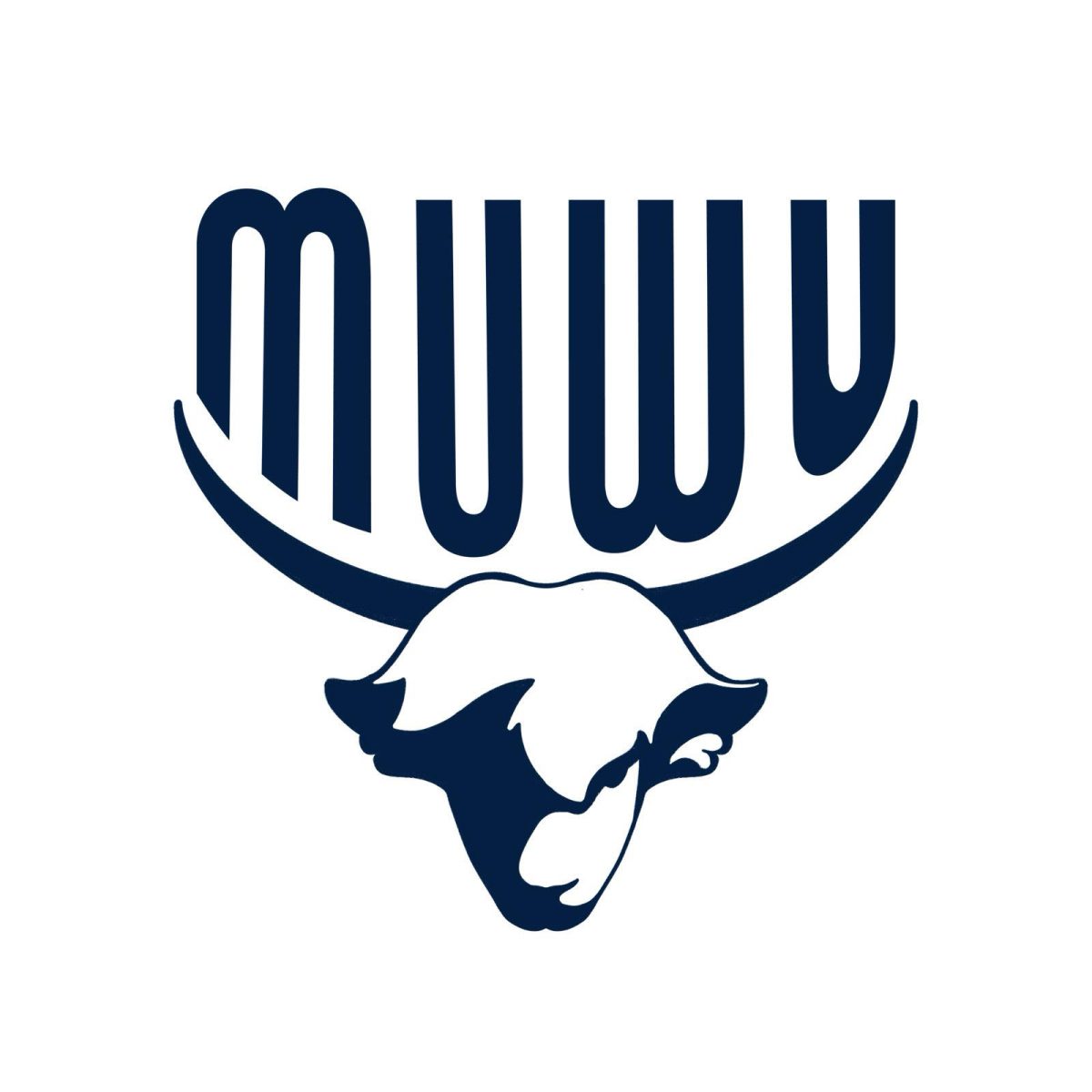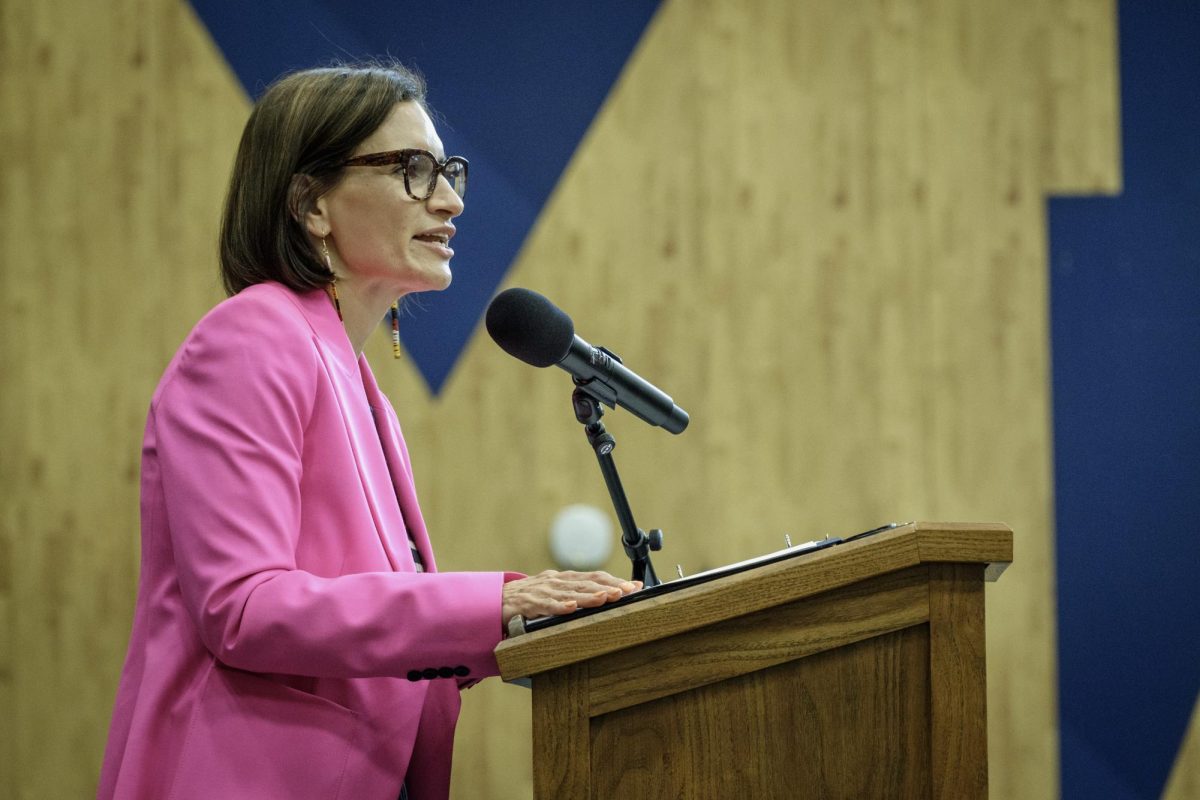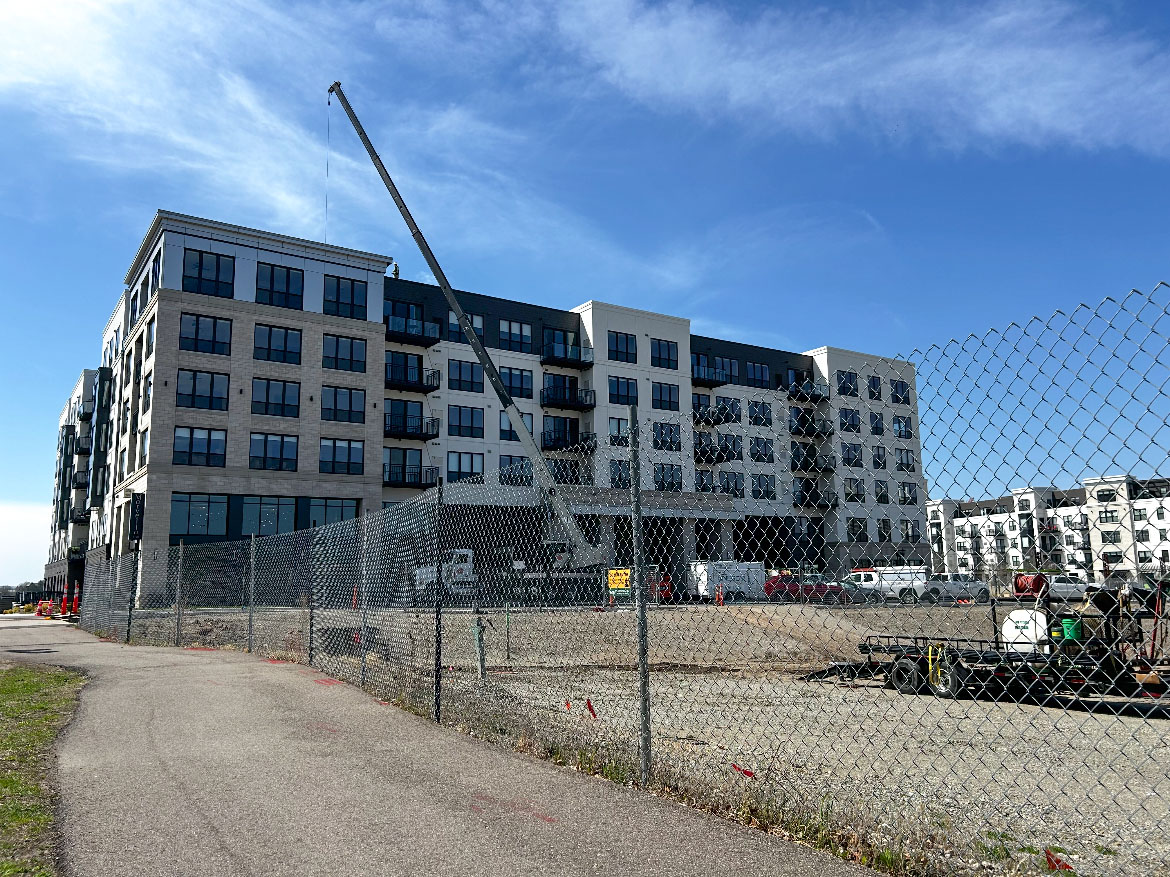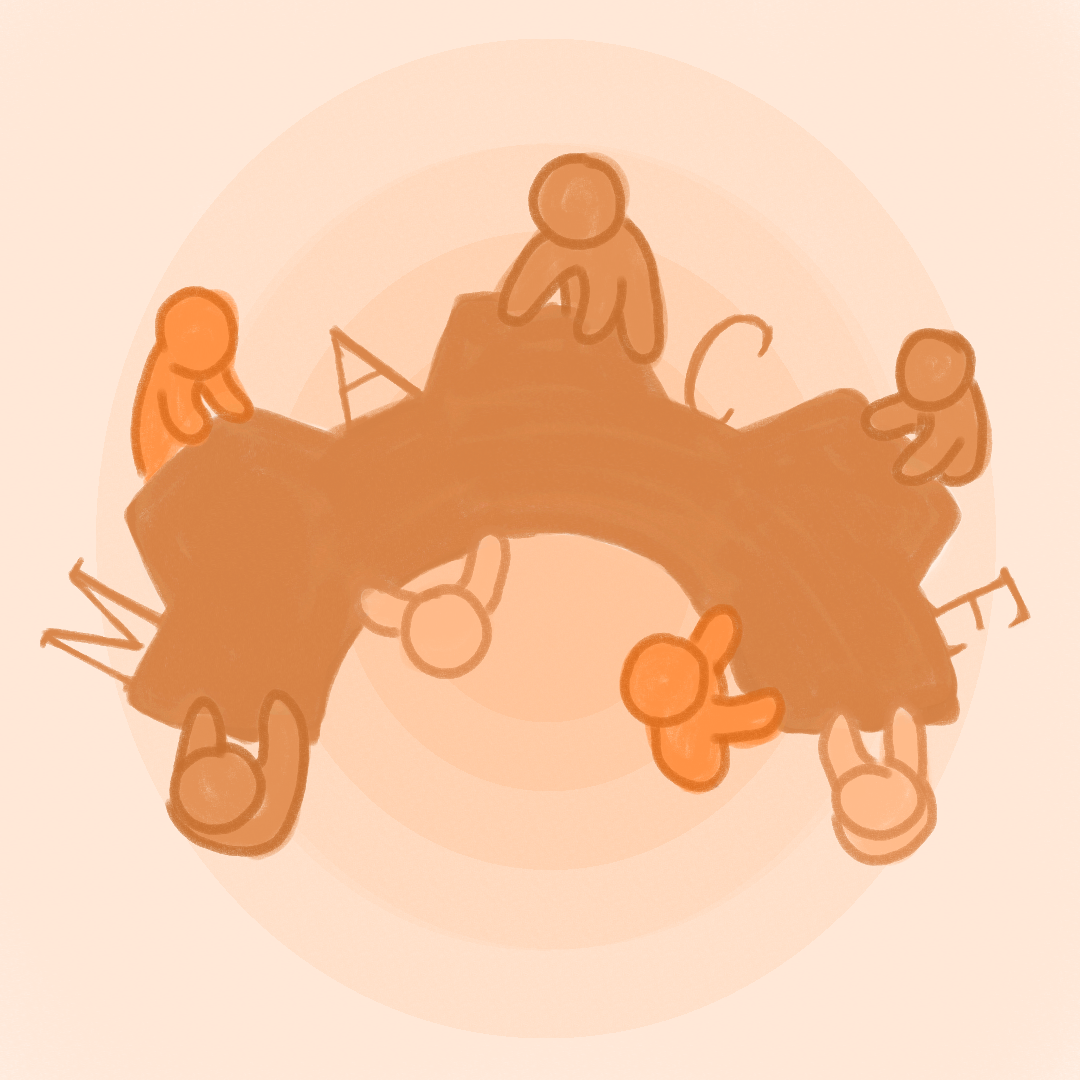
So Abaki, tell me about your academics here at Macalester.
I’m an American Studies major. That’s me. I’m also working on my honors thesis—I researched it my sophomore year and this past summer. It’s basically my life.
Can you tell me about it?
Sure. My thesis examines the impacts of settler colonialism on Native American youth suicide, and I’m doing a case study on the Blackfeet Reservation, where my family is from. Twenty percent of youth deaths are caused by suicide in Native American communities. I am … investigating the impacts of legacies of trauma, federal government infringements upon tribal governance, access to mental health and lots of other pieces. I’m currently really interested in looking at how Blackfeet “spirituality” and “medicine” are not separate categories like they are in Western episteme because they are both related to power for the Blackfeet. I think we need to legitimize indigenous epistemologies in thinking about [intergenerational] health care and healing, or solutions will only be superficial—it will just be Western medicine “saving” Natives, repeating and reinforcing settler-colonial power structures, which created a lot of these issues in the first place!
I love how richly this thesis seems to fuel you. What are some other things that feed Abaki Beck on campus?
Well, I work for the DML and am leading PIPE [Proud Indigenous People for Education] again. And actually I like MCSG more than I thought I would as a sort of ‘outsider.’ There are all new people on my committee except one—and that brings an energy that I think is positive. And then, of course, I am working with a group of students who [revised] part of the Strategic Plan, aiming for material changes as opposed to just documents. This group was originally formed last year around faculty and staff diversity, but we recognize that as a long-term goal. Now we are kind of more focused on classroom inclusivity, which is more [readily feasible].
To me a lot of this sounds like you sitting in ‘educator’ roles of facilitating between two bodies of work, two types of communities, two ends of a spectrum. But do you also feel the need to justify your voice, your role—even your level of care for an issue?
Well particularly [at Macalester] because so many folks here have never met a Native American before [I have a lot to contend with]. And then I’m like ‘s——and I’m the Native American you’re meeting?’ Honestly, there are sometimes stupid questions that people ask about Indians. And sure, lots of this is about the type of history we learn—
A pretty whitewashed history—
Right, of largely white men—
With money and land—
Exactly. A white, wealthy, cisgender[ed], male version of history. But then so many people say ‘I wish I knew more about Native Americans’ and then don’t attend PIPE events, ask questions, learn more or interact with me. You can’t say you care about something and then not educate yourself about it. You can’t expect me to know everything. I don’t represent anyone but myself. And the thing is it happens everywhere: on my floor [my] first year, in the bathroom, in class. But even so: at what point do you stop using ignorance an an excuse? At what point do you stop using the education system as an excuse?
Given your experiences in MCSG and work with the administration, what do you see as some challenges to student activism?
Honestly, I had a lot of interaction with members of the administration before [sitting on MCSG], just because of advocating for faculty and staff diversity. In some ways, it’s confusing to figure out who to meet with and who can actually make a change versus [just agree], “Well isn’t that [great].” And one thing that frustrated me a lot in meetings is that students see issues, students see solutions, but there is somehow a disconnect. A really common [thread] in faculty diversity [meetings] was people saying, “Yes, we agree with you but the school is already doing so much, we’ve already got all these plans, etc.,” which is frustrating. If you see a problem, you should try to solve it, not just say that you see it. But at the same time, the administration [is responsible] to many different [stakeholders]—like the Board of Trustees—not just to students themselves. But it’s just frustrating because [some feel that the] school exists to serve students. And in some ways [students] should be the experts because we are the ones that experience the impacts of decisions—or lack of decisions—every day.
Relating to these issues of student voice, why should students care about the Strategic Plan?
Well, when we [revised] the “diversity” section of the Strategic Plan, we just wanted to add our ideas to the discussion. But at the same time, we recognize that unless we start working for these concrete changes now, nothing is likely to happen. So I think the Strategic Plan is important and I think all students should at least skim it to know the direction that the college [could] go in, but also recognize that if there is an issue that you are passionate about—like diversity or sustainability for example—start working on it now! Don’t wait [for] the Board’s approval to make changes on campus. But everyone should comment on the Strategic Plan! This place literally exists for us, so I think students should have the most important voices.
You sit on the Advancement Board Committee given your role as MCSG VP. What was that meeting like?
The meeting was actually pretty interesting. It’s not really related to my work as VP and chair of the SSRC though. Although I worked at the Annual Fund my first year, so I guess I’ve come full circle! I think it’s a cool position to be in, because [there is a perception by some students] that the college just has oodles of money at its disposal to spend on anything it wants but just chooses “the wrong things.” So it’ll be interesting to get an insider view on how the college is getting its money and what future strategies and past failures have been. Although at the first meeting we mostly just got an overview of Mac Social, which a lot of the Board members seemed to enjoy.






